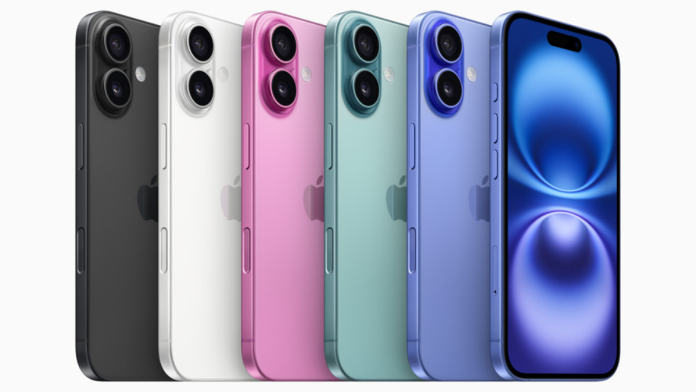New Delhi: As the American tech giant Apple Inc. struggles to tighten its grip on the tech world, the company faces one more setback in Indonesia. According to the latest report released by the Indonesian ministry, the sale, purchase, and use of the iPhone 16 have been banned in Indonesia over Apple’s unmet commitments.
This can prove to be a costly move for both parties—Apple shares 12% of the entire mobile phone imports done by Indonesia. Moreover, this share has increased manifolds in recent times. However, with the latest ban, the sales will take a detrimental blow on the business side.
Industry Minister Agus Gumiwang Kartasasmita announced that any of Apple’s latest model devices operating within the country would be considered illegal, while also cautioning consumers against purchasing it from abroad. The iPhone 16, launched globally on September 20, is included in the ban along with the iPhone 16 Pro range and the Apple Watch Series 10.
Furthermore, Agus Gumiwang Kartasasmita made a public announcement which stated:
If there is an iPhone 16 operating in Indonesia, I can confirm it is an illegal device. Please report it to us…
Kartasasmita also revealed that the iPhone 16 has not been granted the necessary International Mobile Equipment Identity certification in the country.
Why is the iPhone banned in Indonesia?
According to the Indonesian ministry, the country was forced to take such a harsh step in response to the breach of trust on the part of the American company. Moreover, reports from the internal ministry claimed that the amount of investment promised by Apple is yet to be made.
The tech giant committed to investing 1.71 trillion rupiah but has only contributed 1.48 trillion rupiah (£77 million), leaving a shortfall of 230 billion rupiah (£12 million). Meanwhile, the TKDN certification which is an important permit for foreign companies to trade smoothly in the country.
The TKDN certificate is offered upon the fulfilment of a 40% local content value threshold. In other words, Apple was supposed to invest 40% of the entire revenue earned in the country through any means. Moreover, the tech giant was expected to establish research and development centres, known as Apple Academies, within Indonesia which remains pending to date.
















































